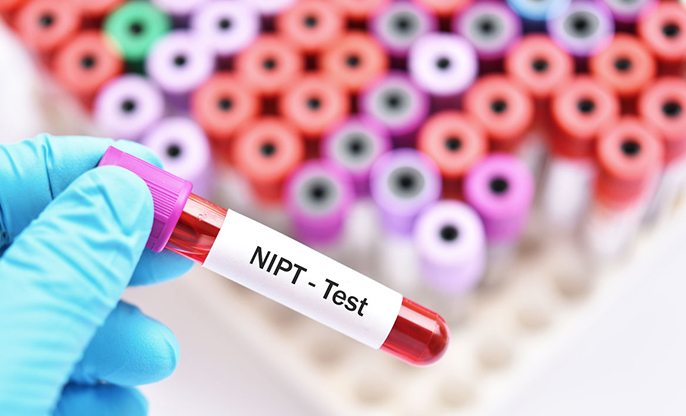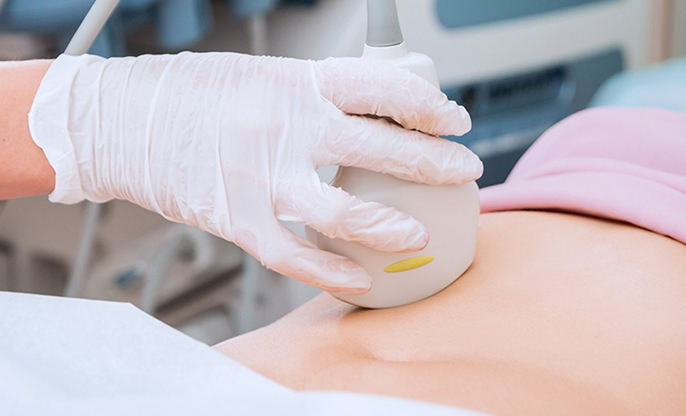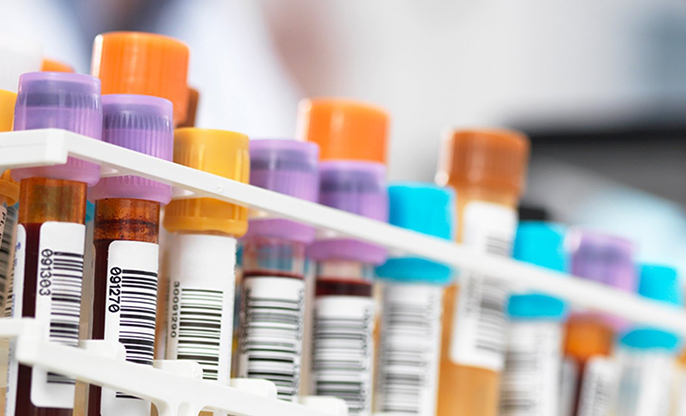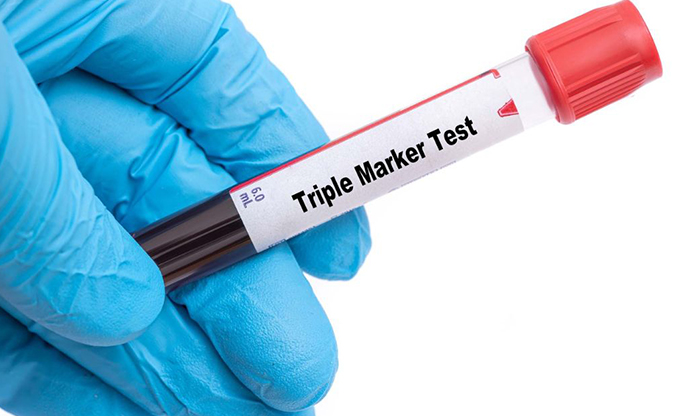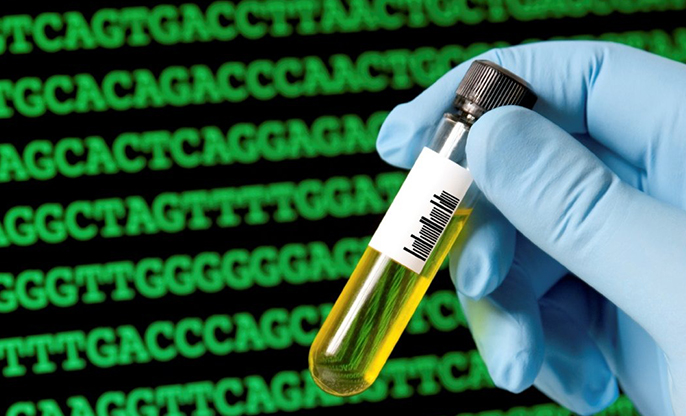
Chromosome abnormality screening is an essential component of prenatal healthcare. It aids in detecting any potential chromosomal disorders that can result in birth abnormalities or developmental delays in the infant. Prenatal screening tools varieties, advantages of diagnostic testing, hazards faced by mother and fetus, and other pregnancy-related factors are of utmost importance.
There are two types of chromosome abnormality screening tests:
- Tests measuring the mother's
chromosomes
- Tests for direct assessment of the baby's chromosomes.
A sample of the baby's cells is taken via direct testing to check prenatal health, for example, amniocentesis and chorionic villus sampling (CVS). The collected fetal cell sample is carefully examined for potential genetic anomalies. Chromosome diseases, including Down syndrome, trisomy 18, and Turner syndrome, can be identified with these tests. Testing can be done by evaluating the following:
- Sample from mother's
placenta
- Blood is taken from the
maternal bloodstream to assess fetal DNA
- Bone aspiration and biopsy
- Amniotic fluid
These tests help screen the fluids and markers for an increased risk for specific chromosomal abnormalities. During the tests, the healthcare provider can also find out about the Rh blood group and the baby's sex. These chromosomal tests analyze and evaluate the long DNA length for any genetic changes, e.g.:
- Analyse chromosomes in the
collected sample of cells and
- Seeing if there is an extra
chromosome that can cause a congenital disability.
- The test calculates the number of chromosomes, checks them for copies, and locates other structural abnormalities.
Mothers generally are anxious about their chance of acquiring a chromosomal abnormality in case it runs in their family, or they are above the age of 35 years.
Women above this age face a higher risk of conceiving a child with a chromosomal abnormality because meiosis errors increase with aging. The potential risk of a chromosomal disability increases with maternal age. Let us see what the stats say:
- The chances of a Down's
syndrome child in women aged 25 is - 1: 1250
- The chances of a Down's
syndrome child in women aged 40 is - 1: 100
Sometimes the pregnant lady may also show signs of a hereditary illness, which can further manifest in the fetus. She needs a medical advisor to tell her more about the chromosomal tests and weigh the risks her unborn child faces.
The benefits of screening tests for chromosomal disorders include the ability to detect potential problems early on in the pregnancy. This allows parents to make informed decisions about the pregnancy and prepare for any potential health issues. Additionally, screening tests can help to reduce the risk of miscarriage and other pregnancy complications.
However, some key risks and considerations are associated with screening tests for chromosomal disorders. The most common risks are the potential for a false-positive or false-negative result and the risk of miscarriage associated with invasive tests such as amniocentesis and CVS. The pregnant lady also faces psychological distress, especially if the family receives a positive result.
Overall, screening tests for chromosomal disorders are important in prenatal care. Parents need to understand the benefits, risks, and considerations associated with these tests before deciding. Also, they must discuss any questions or concerns they face with a healthcare provider.


